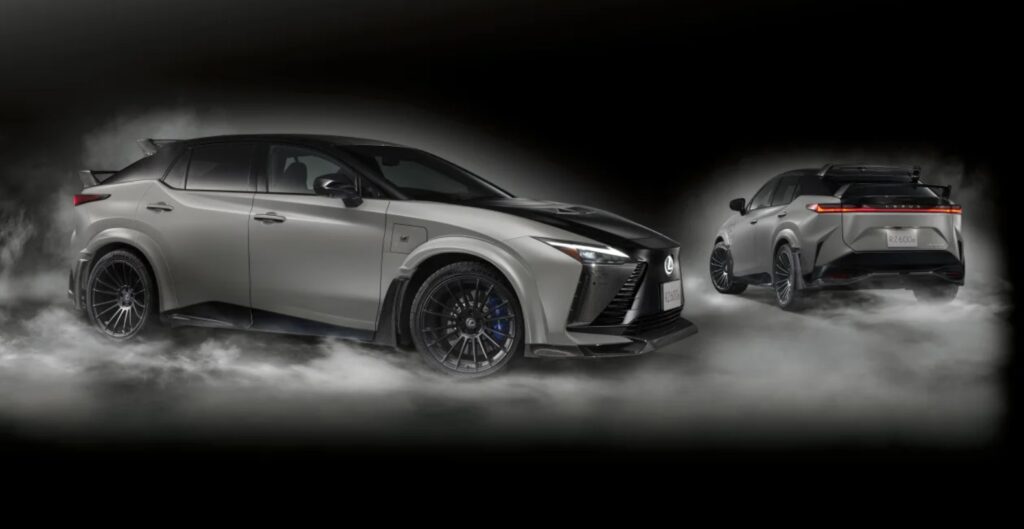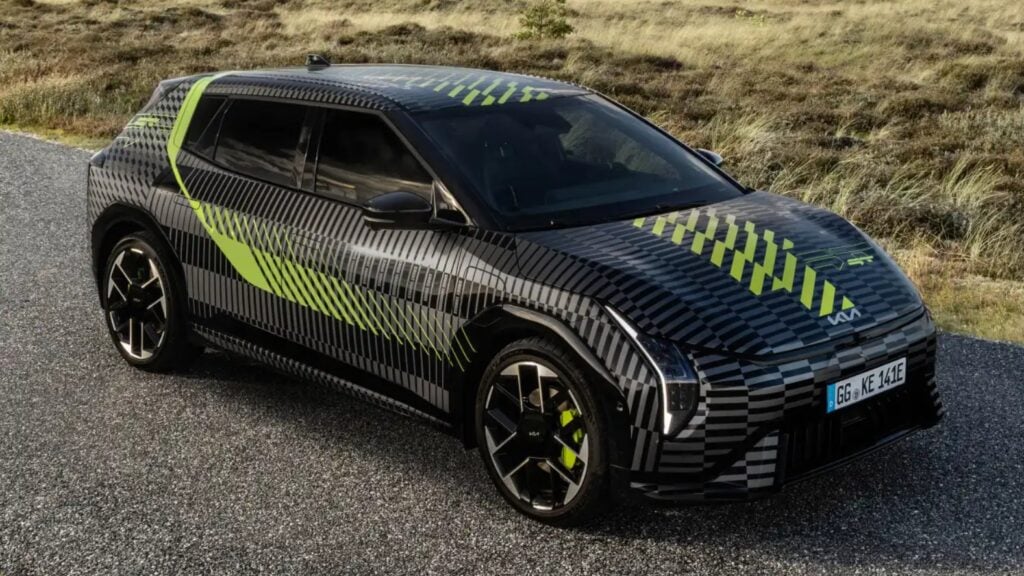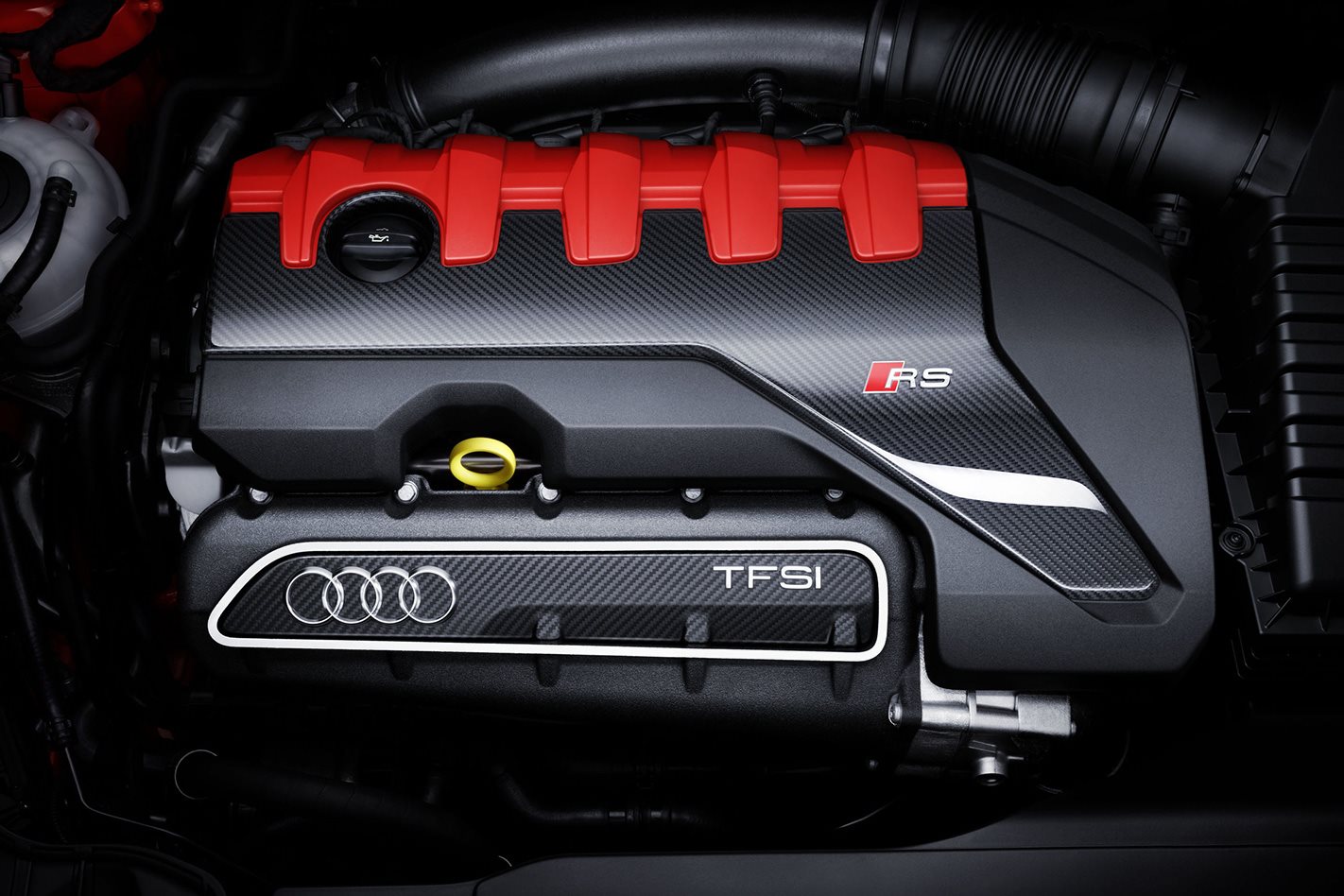
Fear not, fellow fans of Audi’s five-cylinder turbocharged petrol engine… the peppy, parpy little treasure is set to live on for the best part of the next decade.
The meaty little motor currently stars under the bonnet of the TT RS and the RS3 sedan and hatchback (the RS Q3, which recently ceased production ahead of an all-new generation, also used the same powertrain), triggering fears that Audi’s rush to electrification might mean the end of the road for a motor that stems back to the legendary Sport Quattro of the 1980s.
JULY 20, 2021: The new RS3 has finally been revealed. See our RS3 page here.
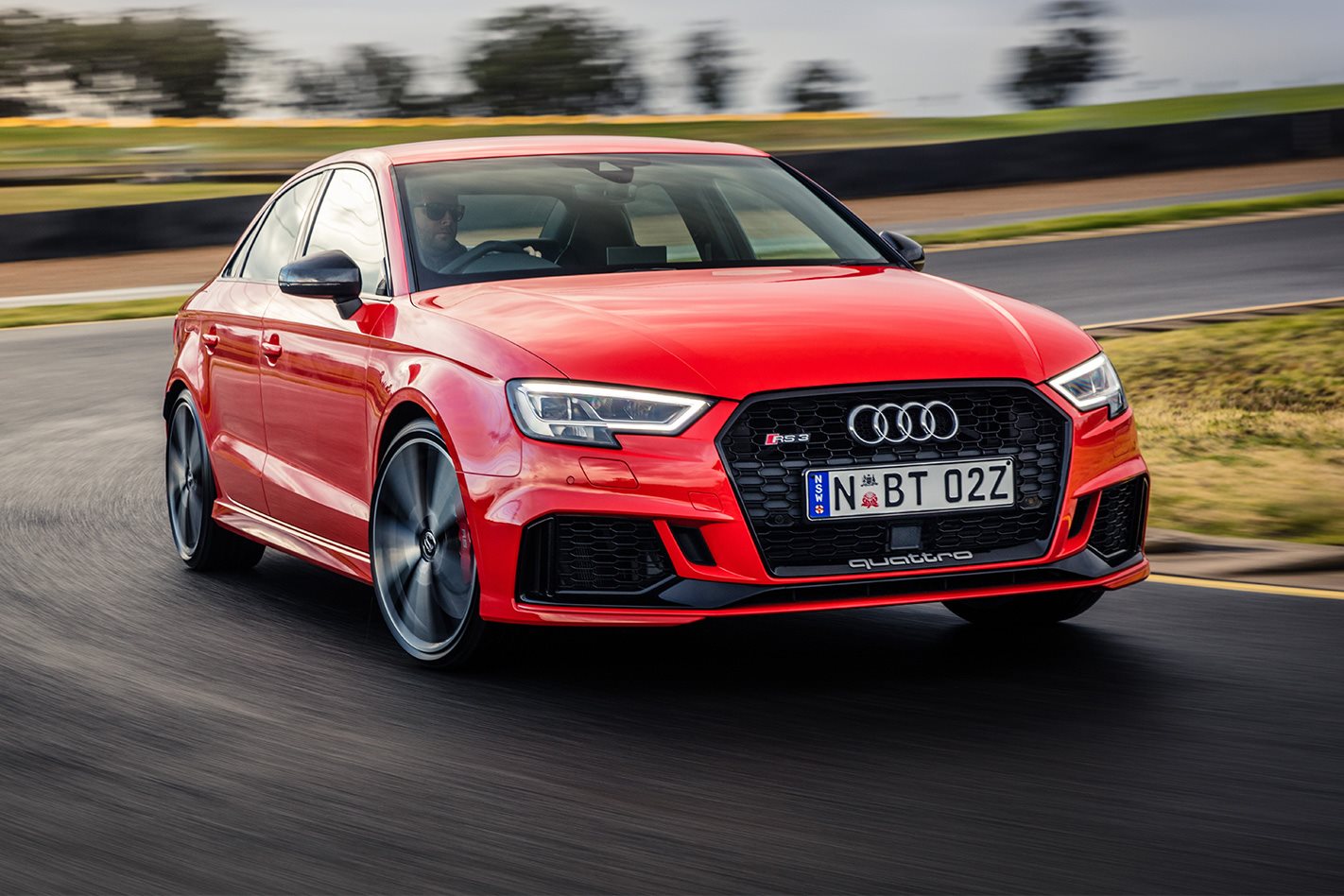
As well, tightening emissions standards around incoming Euro 7 regulations cast a shadow on the relatively under-utilised engine, which carries the internal code of DNWA.
However, our fears have been allayed by the head of Audi Sport, Oliver Hoffmann, who said that the engine is part of Audi Sport’s future plans.
“It is more difficult, but it’s not just a question of how difficult it is,” he told WhichCar. “For EU7 we have concepts for all our engines, but it’s just a matter of how much money I have to spend to reach the targets!
“For the five-cylinder we have a very, very, good concept to reach those standards.”
The engine – which recently gained 25kW and lost 26kg after a switch to an alloy-block architecture – is set to live on in the RS3, while recently announced plans to add new models to the RS line-up could well include a second generation of the RS Q3.
As well, other Volkswagen Group products, like the Golf R, have been spotted testing with the engine.
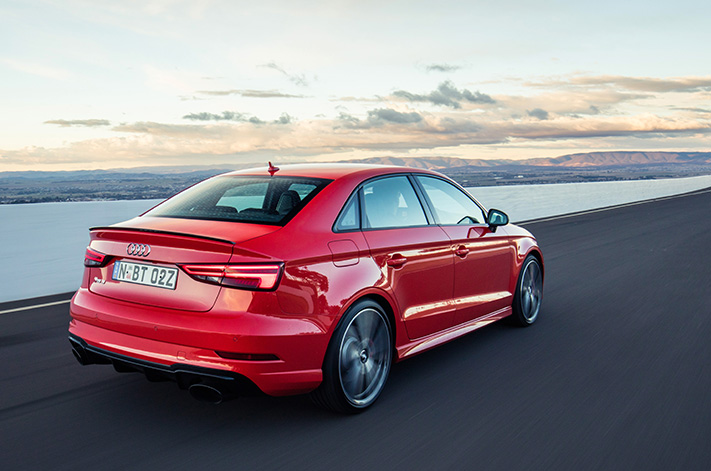
Annette Möllhoff, who works as a product planner at Audi Sport, agreed with her boss. “For us, the five cylinder is so strongly combined with the heritage of Audi,” she said.
“It’s our number one USP in those models, and every time we launch a new model with the five-cylinder, we get the feedback that ‘we are so happy you stick to that engine and don’t downgrade to the four-cylinder’.”
She acknowledged that the engine did need to earn its keep within the brand.
“It’s not a battle [to keep it], but of course there has to be a discussion and a business case, and everybody understands the value that it brings and that it’s necessary to keep it in the portfolio,” she said. “It’s so emotional, and highly valued in the history of the company.
“Emissions are tightening for the five-cylinder, as well. We are working towards that, we’re working right now on the horizon of four to five years ahead and we are right in the discussion with EU7, which is a big topic. But we are aware of it and we are preparing the five-cylinder.”

Sebastian Grossert, who is a technical project manager at Audi Sport, said that work is already underway to meet the regulations.
“It’s always not so easy to fulfil the new laws, but we have been working on it for a year now,” he said. “We are going for it and we’re hoping we can fulfil all the laws and offer it for future compact models.”
One strategy to allow the engine to meet regs is likely to be via hybridisation. Audi is currently rolling out both 12v and 48v mild hybrid systems across all of its cars including the updated Audi A4, which is offering claimed fuel savings of up to 0.7 litres per 100km, depending on the engine.
Additional technologies like belt-driven starter/generators and cylinder deactivation could also help get the engine to meet regulations.
However it gets there, though, we’re excited to see that one of the most unusual and entertaining engines on sale today will live on to see a new decade.

